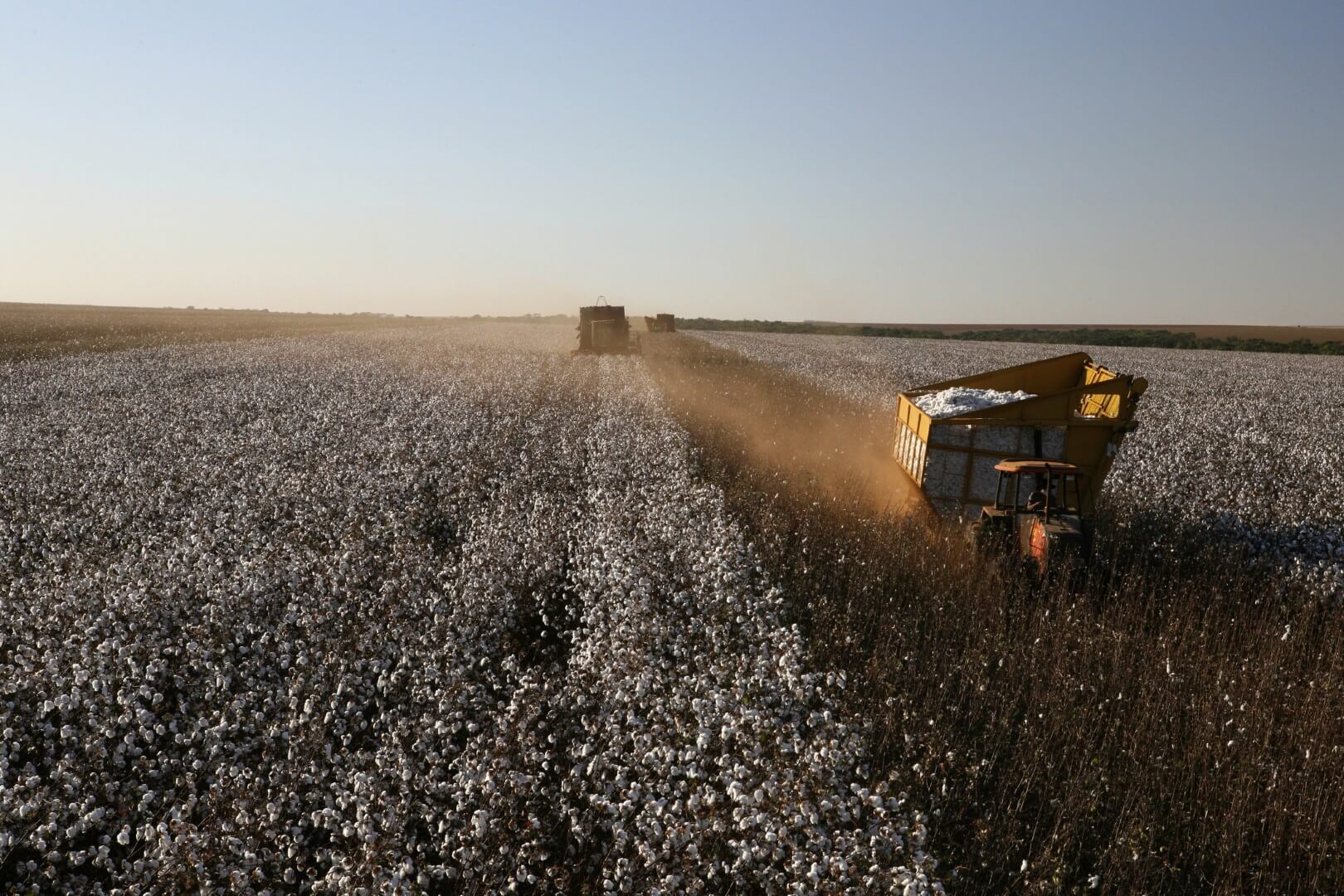Global Corporate Survey 2022: Supply Chain Sustainability Analysis
Access this research
Access all Sustainable Supply Chains content with a strategic subscription or buy this single report
Need help or have a question about this report? Contact us for assistance
Executive Summary
This report will assist senior executives in identifying the main drivers, challenges and investment priorities for managing supply chain sustainability and for strategic decision-making. Verdantix gathered data via telephone interviews with 150 executives located in the US, the UK and Europe, from 11 industries, between October and December 2022. Results reveal the growing importance of supply chain sustainability in risk management and business resiliency. Firms are facing increasing pressure from stakeholders to meet voluntary and mandatory ESG and sustainability standards in the supply chain.Global Survey Features 150 Supply Chain Executives Across 11 Industries
Stakeholders’ Transparency Demands Drive Supply Chain Sustainability Efforts
Limited Expertise And Poor Data Accessibility Limit Success Of Supply Chain Sustainability Goals
Supplier Collaboration And Greater Visibility Can Lower Supply Chain Risk And Benefit ESG And Sustainability Performance
Figure 2. Survey Respondents Industry Breakdown
Figure 3. Supply Chain Sustainability: Level Of Commitment
Figure 4. Supply Chain Sustainability Performance Spend in 2022
Figure 5. Drivers Behind Increased Commitment To ESG And Sustainability
Figure 6. Impact Of Rules And Frameworks On Firms’ Commitment To Supply Chain Sustainability
Figure 7. Perception Of Supply Chain Sustainability As Critical For Business Decision-Making
Figure 8. Supply Chain Sustainability Challenges
Figure 9. Technology Approaches To Manage Supply Chain Sustainability Use Cases
Figure 10. Use Cases For Selecting An External Services Partner For Supply Chain Sustainability
Figure 11. Priorities To Lower Supply Chain Risk
About the Authors

Elisa Molero
Senior Analyst
Elisa is a Senior Analyst at Verdantix, specializing in supply chain sustainability. Her research covers 100 vendors in the supply chain sustainability market, supporting buye...
View Profile
Jessie Wilson
Industry Analyst
Jessie is an Industry Analyst at Verdantix, with a research agenda spanning ESG reporting, the circular economy and supply chain sustainability. Jessie has a BSc in Geography ...
View Profile
Kim Knickle
Research Director
Kim Knickle is a Research Director at Verdantix, bringing more than two decades of analyst experience to the evolving world of sustainability. Her current research spans ESG a...
View Profile









